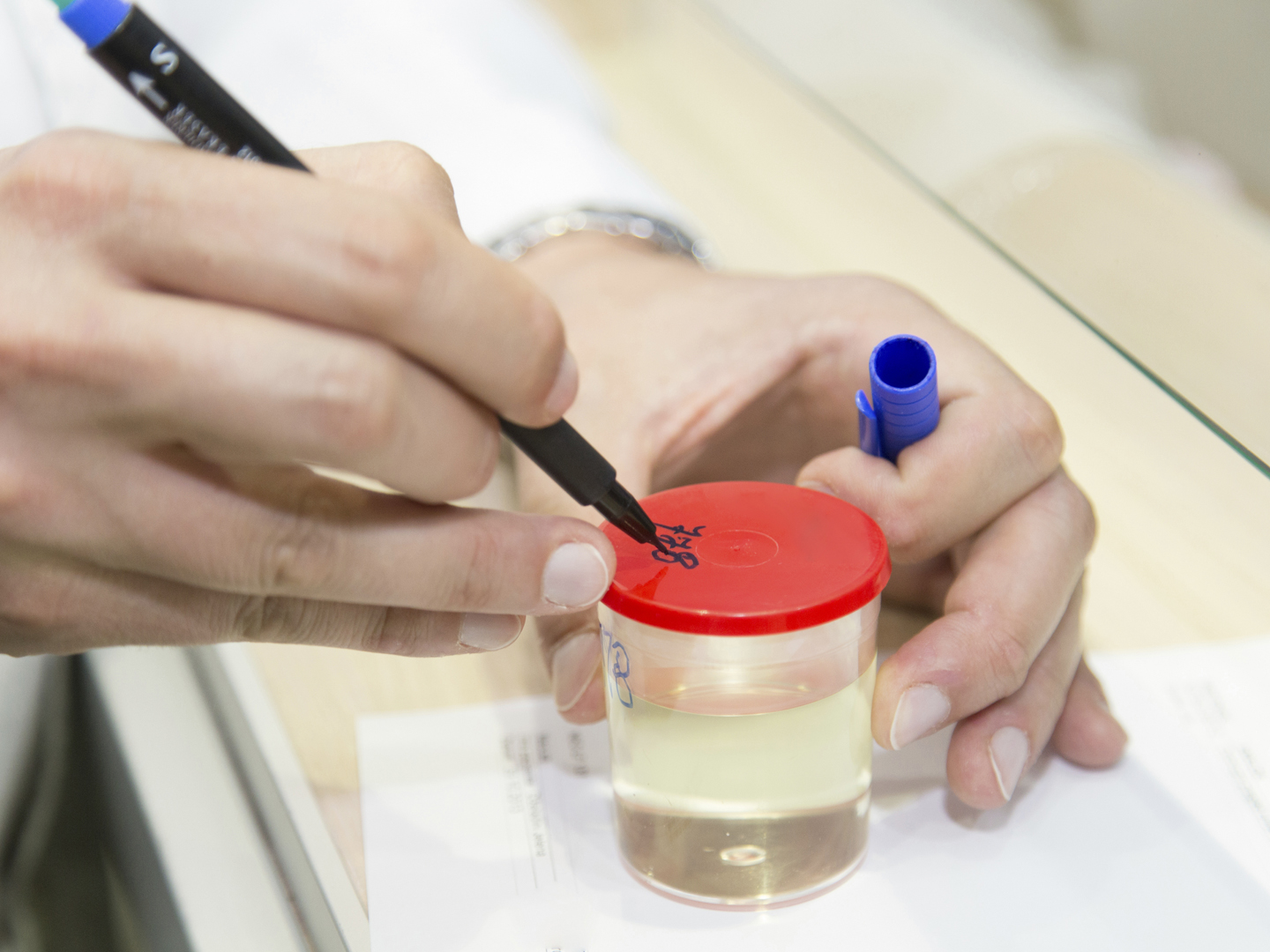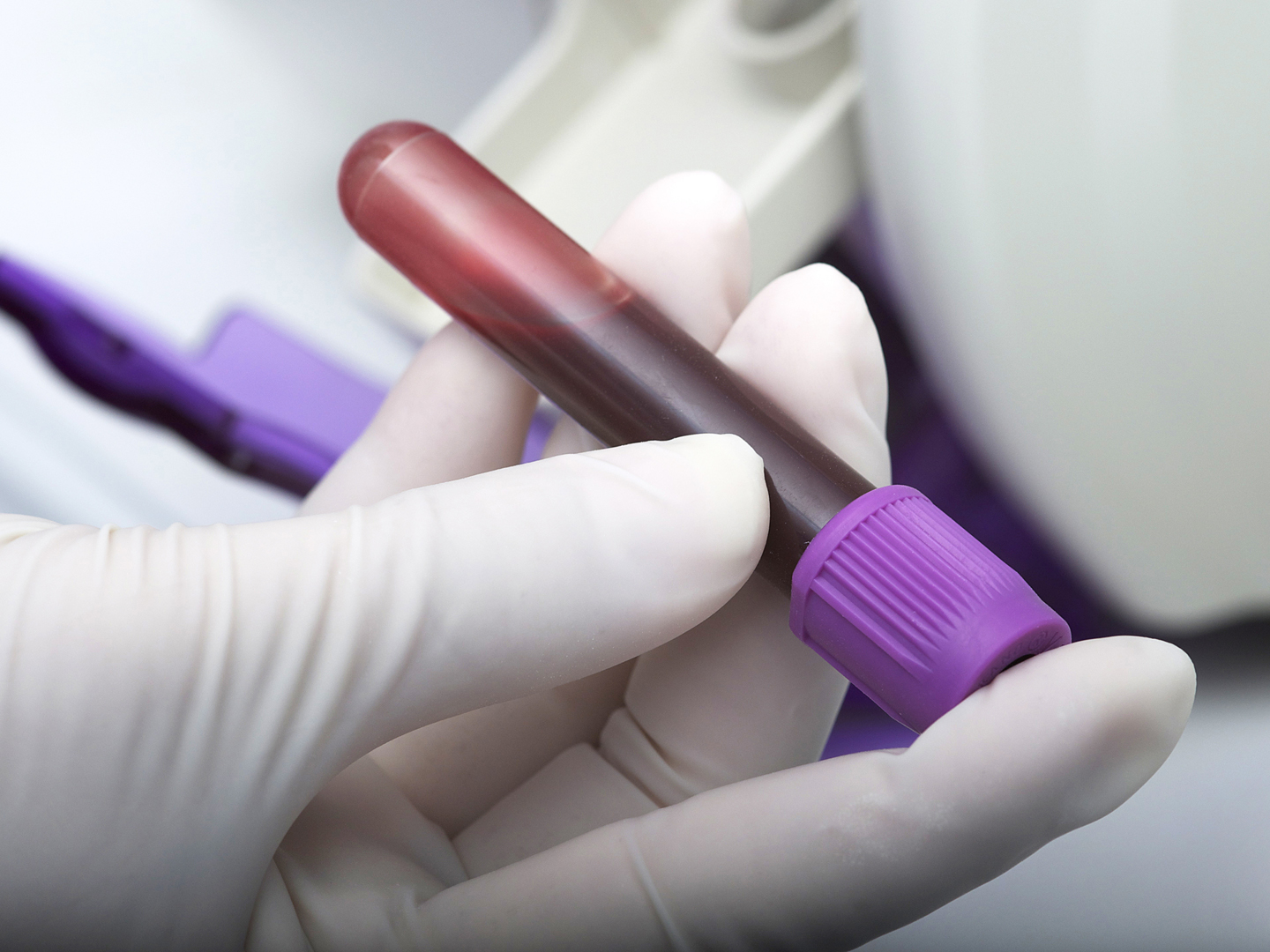Living With Liver Disease?
My husband has been diagnosed with sclerosing cholangitis and ulcerative colitis. What supplements or nutritional approaches could help him?
Andrew Weil, M.D. | October 14, 2011

Primary sclerosing cholangitis is a chronic, progressive disorder that causes inflammation, scarring and damage to the bile ducts inside and outside the liver. If these changes block the flow of bile, the liver and gallbladder can be damaged, leading over time to liver failure. The cause is unknown.
Ulcerative colitis is an inflammatory bowel disease that usually accompanies primary sclerosing cholangitis. This autoimmune condition affects the lining of the large intestine, leading to bouts of inflammation, abdominal pain, rectal bleeding, and weight loss.
I discussed your question with Paul Abramson, M.D., an integrative physician in San Francisco and a Senior Fellow of the Arizona Center for Integrative Medicine. We agreed that while diet and supplements can help with management of these diseases, conventional gastroenterologists are key to effective treatment since pharmaceutical drugs, diagnostic imaging, endoscopy, and even surgery may be needed.
Dr. Abramson noted that individuals with sclerosing cholangitis should be tested for deficiencies of vitamins A, D, E, and K and take supplements of these nutrients if levels are low. Because celiac disease often co-exists with other autoimmune disorders, it’s a good idea to be tested for that, too. (The best treatment for celiac disease is eliminating gluten, the protein in wheat and other grains from your diet, but it’s important to be tested before doing this.)
Dr. Abramson also recommended trying some of these approaches:
- An anti-inflammatory diet.
- Increased fiber intake (although during ulcerative colitis flare-ups, raw fruits and vegetables, nuts and seeds may worsen symptoms).
- A medically supervised elimination diet to identify dietary triggers of symptoms.
- Traditional Chinese Medicine, which often is helpful with these types of conditions.
- Avoid coffee and all other caffeine sources as well as milk, milk protein (casein) and all milk products, any product containing carrageenan and products containing sorbitol, xylitol and other sugar alcohols.
The following supplements can help:
- Psyllium husk fiber (Plantago psyllium)
- Whole turmeric (Curcuma longa) in capsules or suppositories; this directly affects the intestinal lining.
- Purified curcumin, a well-absorbed part of turmeric that has systemic anti-inflammatory effects; it is often combined with an extract of black pepper (Piper longum) to increase absorption.
- Slippery elm bark powder, in capsule form or as a gruel to coat and soothe irritated intestinal mucosa.
- Aloe juice or gel to soothe irritated mucosa. Choose products from which the aloin component, a laxative, has been removed.
- Omega-3 fatty acids: Take fish oil supplements daily, containing 2000-3000 mg total of the EPA and DHA components (specified on the label).
- Probiotics: Choose products that are refrigerated, or products containing lactobacillus GG or proven strains of Bacillus coagulans (BC30).
- Peppermint Oil: For cramping, take enteric-coated capsules between meals.
In addition, consider mind/body approaches, such as hypnosis, guided imagery, biofeedback, yoga, tai chi, or mindfulness meditation. Look for a practitioner experienced in dealing with autoimmune conditions.
When dealing with these two complex and potentially serious conditions, Dr. Abramson and I agreed that your team should include conventional medical specialists, an integrative physician, and other health practitioners in order to implement some of these strategies under close medical supervision.
Andrew Weil, M.D.









